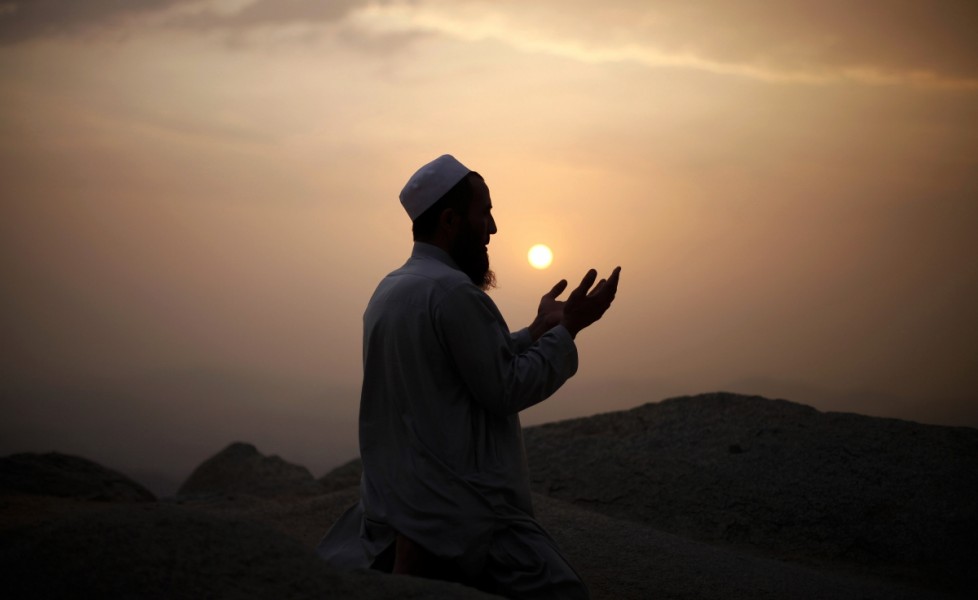World Religion: what are the five pillars of Islam?
What are the five pillars of Islam?
The five pillars of Islam are the structure of Muslim life. They are the testimony of faith, prayer, doing zakat (support of the needy), fasting in the month of Ramadan and once in a lifetime pilgrimage to Mecca for those who can do it.
Testimonianza della fede (1)
The witness of faith is carried out by saying with conviction, "La ilaha illa Allah, Muhammadur rasoolu Allah." This means "There is no true god but God (Allah), 1 and Mohammed is his messenger (prophet)." The first part: "There is no real god but God," means that no one has the right to be worshiped, if not God himself and God has no companions or children. The testimony of faith is called Shahada, a simple formula that should be said for converting to Islam (as already explained earlier on this page). The witness of faith is one of the most important pillars of Islam.
Preghiera (2)
Muslims say five prayers a day. Each prayer lasts a few minutes. Prayer in Islam is a direct link between the worshiper and God. There are no intermediaries between God and the worshiper.
In prayer, the person feels inner happiness, peace, and comfort, and so God is pleased with him or her. The prophet Mohammed said: {Bilal, call (the people) to prayer, let them be comforted.} 2 Bilal was one of Mohammed's companions in charge of calling the people to prayer.
The prayers are performed at dawn, noon, mid-afternoon, sunset, and at night. A Muslim can pray almost anywhere, such as in fields, offices, factories, or universities.
3) Do Zakat (Needy Support):
All things belong to God, and riches are therefore kept by human beings in custody. The original meaning of the word zakat is both 'purification' and 'growth.' Doing zakat means 'giving a specific percentage of certain properties to certain classes of needy people'. The percentage that is due on gold, silver, and on money funds, which reach the amount of about 85 grams of gold and which are held for a lunar year, is equal to two and a half percent. Our assets are purified by keeping aside a small amount for those who need it and, like pruning plants, this cut balances and encourages new growth.
A person can also give as much as he likes, such as almsgiving or voluntary charity.
Xnumx) Osservare il digiuno durante il mese del Ramadan:
Every year during the month of Ramadan, 3 all Muslims fast from sunrise to sunset, refraining from food, drink, and sexual relations.
Although fasting is good for health, it is primarily considered spiritual purification. By detaching himself from the comforts of the world, even if for a small period of time, a person who fastes earns the sincere sympathy of those who are hungry like him, just as spiritual life grows in him.
Pellegrinaggio alla Mecca (5)
The annual pilgrimage (Hajj) to Mecca is a once in a lifetime obligation for those who are physically and financially able to do so. About two million people go to Mecca every year from every corner of the globe. Although Mecca is always full of visitors, the annual Hajj is performed in the twelfth month of the Islamic calendar. Male pilgrims wear simple special trousers which eliminate class and culture distinctions so that all present themselves equal before God.
